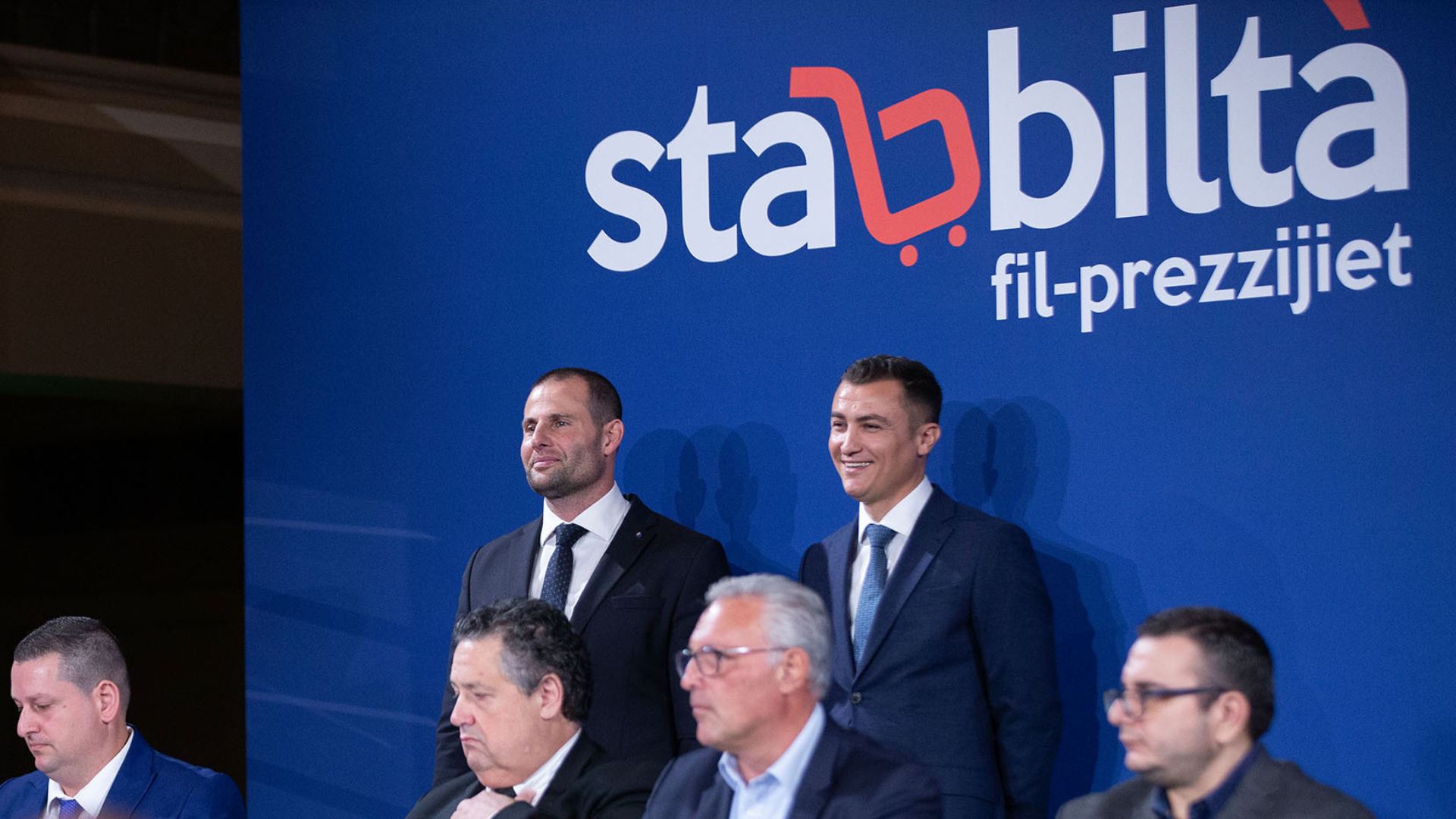Several organisations dedicated to media freedom and civil society have signed an open letter urging the European Parliament to improve the provisions of the European Media Freedom Act (EMFA) to deter governments from using state advertising to reward compliant media and penalise independent journalism.
As the European Parliament’s negotiations on the EMFA are set to end in October, the letter notes that although the Council and the Committee on Culture and Education (CULT) introduced impactful changes to the text, it still does not close several loopholes.
Article 24 of the EMFA addresses allocating state funding through advertising to media service providers. The initiative will require that public funds, including publicly paid advertising, be allocated to media in a transparent and objective process and that governments, as well as regulators and state-owned companies, will have to publish how much they spend on media advertising every year.
For the EMFA to adequately tackle this issue, the organisations call on European Parliament to address the following points: No reintroduction of the “1 million inhabitants” threshold for publishing information regarding state advertising and an EU-wide online database of state advertising that is easily accessible to journalists and the general public.
The signatories also ask for full inclusion of emergency messages, as introduced by Article 2 (15 a) of the Report of the CULT Committee, in the concept of state advertising to prevent authorities from using catastrophes or states of emergency as justification for funding politically affiliated or friendly media.
Lastly, the organisations also call for Regular and mandatory reporting obligations by authorities, which are fully transparent and show the total allocation of state advertising and Monitoring of state advertising and state aid allocation to media, ensuring that the Commission collects enough data on the actual state of these resources in a centralised manner.
In Malta, the opacity of how public funding is disbursed between media outlets remains a thorny issue.
The last time the government announced its plans to allocate €500,000 to help print media cope with the rise in the cost of printing paper, it was merely a press release with a simple statement announcing the decision, devoid of details and with negotiations held behind closed doors.
Before that, the problems arising from government funding of the media were already evident when the government offered a direct aid scheme to media houses over and above the COVID-19 wage supplement. An analysis of the eligibility criteria by Lovin Malta concluded that party-owned media benefitted the most, while independent media never disclosed the sums they received.
The letter was signed by Access Info Europe, ARTICLE 19, Association of European Journalists (AEJ Belgium), Citizens Network Watchdog Poland, Civil Liberties Union for Europe (Liberties), Committee to Protect Journalists, European Centre for Press and Media Freedom (ECPMF), European Federation of Journalists (EFJ), European Partnership for Democracy (EPD), Global Forum for Media Development (GFMD), International Press Institute (IPI), Ossigeno.info, Reporters Without Borders (RSF), Society of Journalists, Warsaw and The Daphne Caruana Galizia Foundation.












